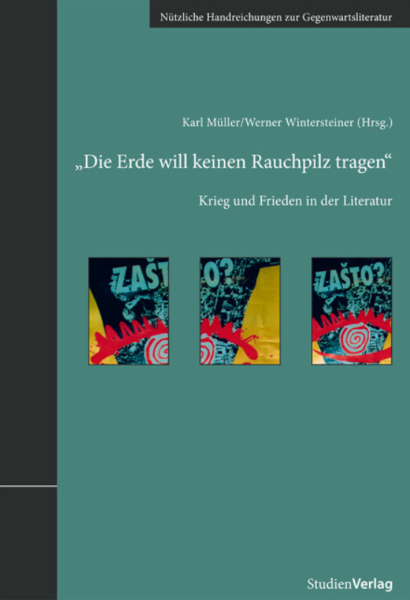What can literature contribute to a culture of peace? A critical examination of how war and conflicts are dealt with in German, Israeli and Palestinian (contemporary) literature.
Writers have always reacted artistically to wars, conflicts and threat scenarios. This publication critically examines how this literary debate looks from the 20th century to the present day. The spectrum ranges from Ernst Jiinger's ambivalent attitude to exile literature to the Cold War after 1945. Authors such as Ingeborg Bachmann, Elfriede Jelinek and Peter Handke are examined. These experiences in German-speaking countries are contrasted with the depiction of war and peace in contemporary Israeli and Palestinian literature.
To talk about literature and peace is to talk about literature and politics. But if you talk about literature and politics, you have to talk about what the essence of literature is. Talking about literature and peace therefore means raising fundamental literary questions. David Grossman put it succinctly as to what literature in particular can contribute to a culture of peace:
"The death of one is a tragedy," said Stalin, "but the death of millions is just a statistic." The secret of the magic and the greatness of literature lies in the fact that it repeatedly frees the tragedy of the individual from the statistics of the millions for us. Of the individual a story is about and the individual reading that story.
ISBN 978-3-7065-5099-4
